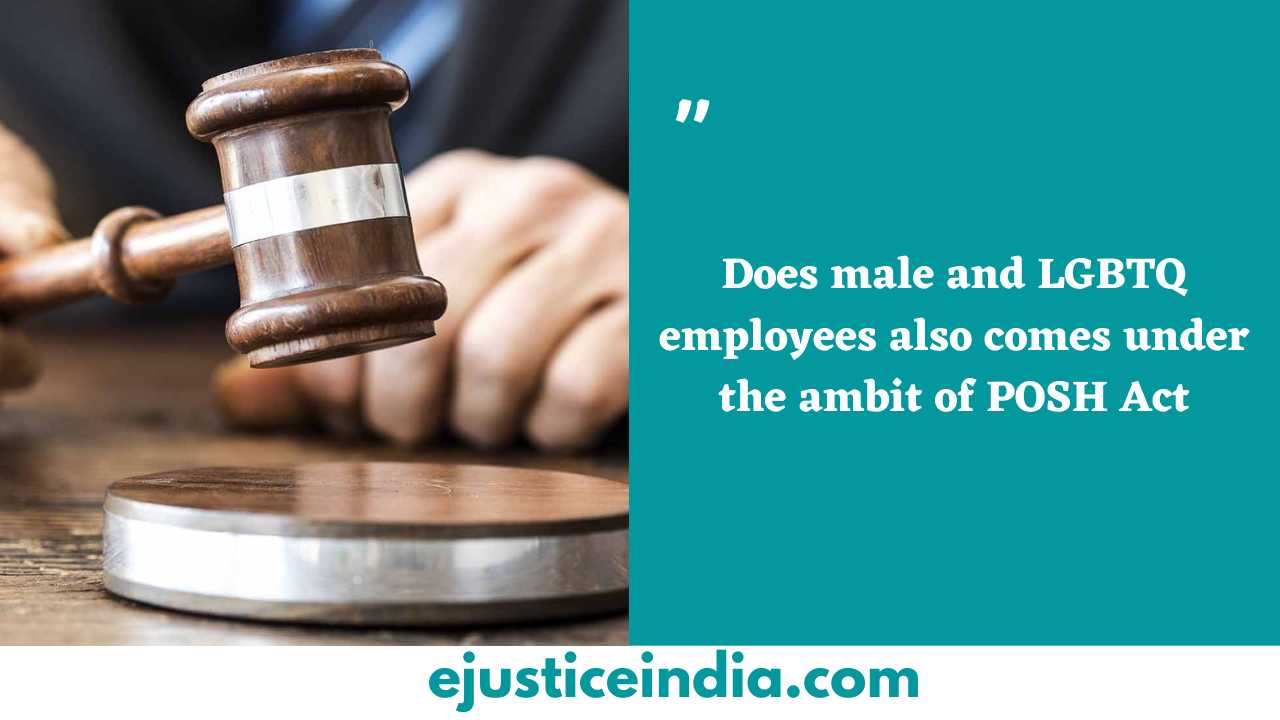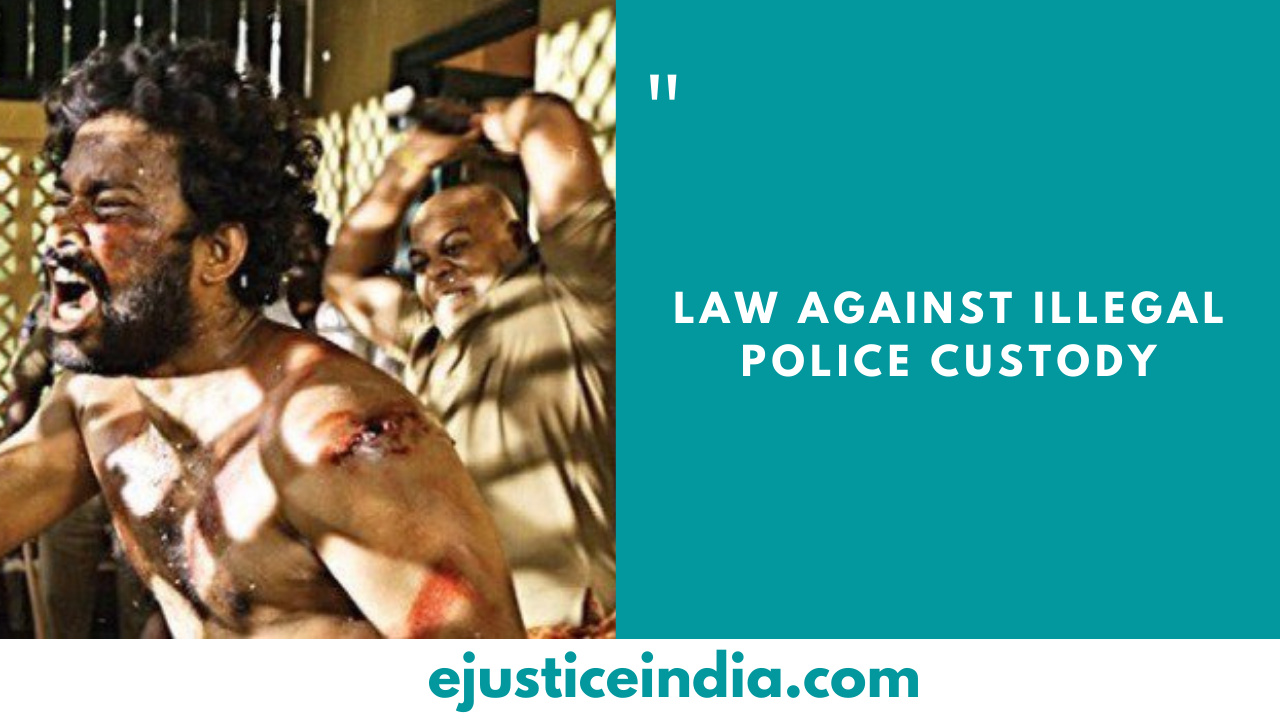PERTINENCE OF COPYRIGHT IN COMPUTER SOFTWARES, APPS, AND MULTIMEDIA”
PERTINENCE OF COPYRIGHT IN COMPUTER SOFTWARES, APPS, AND MULTIMEDIA”
Author :- Shatakshi Sharma
INTRODUCTION-
“One who creates, retains all the rights in respect of what has been created, alike some house, it may be just an idea”. Living beings possess a tendency of protectiveness for what is their own, for what is their ‘property’, but us humans own property much more precious than our house, car or barren land, which is our “intellectual property”. This property consists of intangible products of someone’s intellect, such as an idea, an expression, a sound, a photograph, an application, a painting, a sculpture or anything which has an author[1]. These products are protected by copyright or patent or trademark. In this write-up we would learn about copyright in computer soft wares, multimedia (cinematograph films, sound recording, photograph etc.) and various applications.
COPYRIGHT IN INDIA-
Copyright in India is governed by The Copyright Act, 1957. The very act provides for copyright to be subsisted in any musical work, cinematograph films, sound recording[2] and computer program[3] (software & application). The act lists down circumstances when a copyright shall be deemed to be infringed[4] and when a copyright shall not be deemed to be infringed[5]. And in the case of infringement of copyright the act provides for civil remedies[6] and penalties & punishment[7]. The implication of all these provisions can be very well understood by the points mentioned below.
- COPYRIGHT IN SOFTWARE- Any computer program or software is entitled to be copyrighted until it has some technical aspects. A computer program having technical effects is patentable under India patent Act, 1970. Section 2 (o) of the Copyright Act envisages literary work which includes computer program in it. In the case of Tata Consultancy Services v. State of Andhra Pradesh[8] the SC has also recognized computer software as an intellectual property, which requires to be protected. Some of the major components of relevance of copyright in computer programs are listed below:
- In the case of a computer programme, the author of the programme is considered the first owner of its copyright unless the particular programme or software is made by the author in the course of his employment under a service or apprenticeship contract.
- In this context, an author of a computer programme is someone who causes the programme to be created[9].
- The author of a computer programme holds some exclusive rights[10] in respect of his creation such as- reproducing the work, communicate the work to the public, to make any adaptation of the work, to sell or give on commercial rental any copy of the work.
- There are certain acts that shall not be deemed to be infringement of a computer programme, which are- the making of copy of such programme by the lawful possessor, to make back-up copies as a protection against damage, the storing of such work for research purposes, criticism and educational purposes, the observation and study of such programme.
- COPYRIGHT IN MULTIMEDIA- Multimedia is a vast vessel that contains various elements in it i.e. video, audio, images etc. The copyright act covers these components in its umbrella through different provisions-
| BASED ON- | SOUND RECORDING | MUSICAL WORK | CINEMATOGRAPH FILMS |
| Definition | It means a recording of sounds from which such sound maybe produced regardless of the medium on which such recording is made.[11] | It means a work consisting of music and includes any graphical notion of such work excluding the words or actions intended to be sung spoken or performed with the music.[12] | It includes any work of visual recording and a sound recording accompanying such video visual recording.[13] |
| Author[14] | The producer of a sound recording is the author of the work. | The composer is the author of a musical work | In cinematograph films the producer is the author of the work. |
| Copyright means- | To make any other sound recording embodying it, To sell or give on commercial rental any copy of the recording, to communicate the sound recording to the public. | To reproduce the work, To issue copies of the work, To make any cinematograph file out of it, To make translation or adaptation of the work. | To make a copy of the work, to sell or give on commercial rental any part of it. |
| Term of copyright | Term of copyright in a sound recording shall subsist until sixty years from the beginning of the calendar year next following the year in which the recording is published. | Copyright shall subsist until sixty years from the beginning of the calendar year next following the year in which the author dies. | Copyright shall subsist until sixty years from the beginning of the calendar year next following the year in which the film is published. |
- COPYRIGHT IN APPLICATIONS– The copyright act protects the very expression which is used to express an idea, however the idea in itself is not entitled to be copyrighted. For copyright in mobile or computer applications, there is no specific provision in The Copyright Act, 1957, but some common measures can be taken to prevent your application from infringement.
- Once you have an idea in your mind, you need to work on building the application. Once you get the very code that is needed to make that application, there is no stealing of it.
- If you hire some agent for developing you application, sign a non-disclosure agreement with the person to not to share that information with anybody else other than you.
CONCLUSION-
The copyright act provides the expression of an idea from getting infringed by way of piracy and illegal infringement, however it should be kept in mind that the act cannot protect a work which is an infringement of somebody else’s work in itself, for getting the protection of copyright a work should be original. The act in its provisions provides that the fair use of any work shall not be deemed to be an infringement of the said work. The act grants civil remedies to the copyright holder in way of damages, injunction etc. and provides for penalties and punishment or both for those who infringe the copyright of another. As a whole, The Copyright Act, 1957 operates as a sword for protecting the creation of one’s mind from getting used unfairly by others. It prevents stealing of ideas and fosters innovation.
[1] The Copyright Act, 1957, s. 2 (d)
[2] The copyright Act, 1957, s. 13 (1)
[3] The copyright Act, 1957, s. 2 (o)
[4] The copyright Act, 1957 , s. 51
[5] The copyright Act, 1957, s. 52
[6] The copyright Act, 1957, s. 55
[7] The copyright Act, 1957, s. 63
[8] (2005) 1 SCC 308
[9] The Copyright Act 1957, s. 2 (d)(vi)
[10] The Copyright Act, 1957 s. 14 cl. (a) & (b)
[11] The Copyright Act, 1957, s. 2 (xx)
[12] The Copyright Act 1957. s. 2 (p)
[13] The Copyright Act 1957, s. 2 (f)
[14] The Copyright Act 1957,s. 2 (d)


